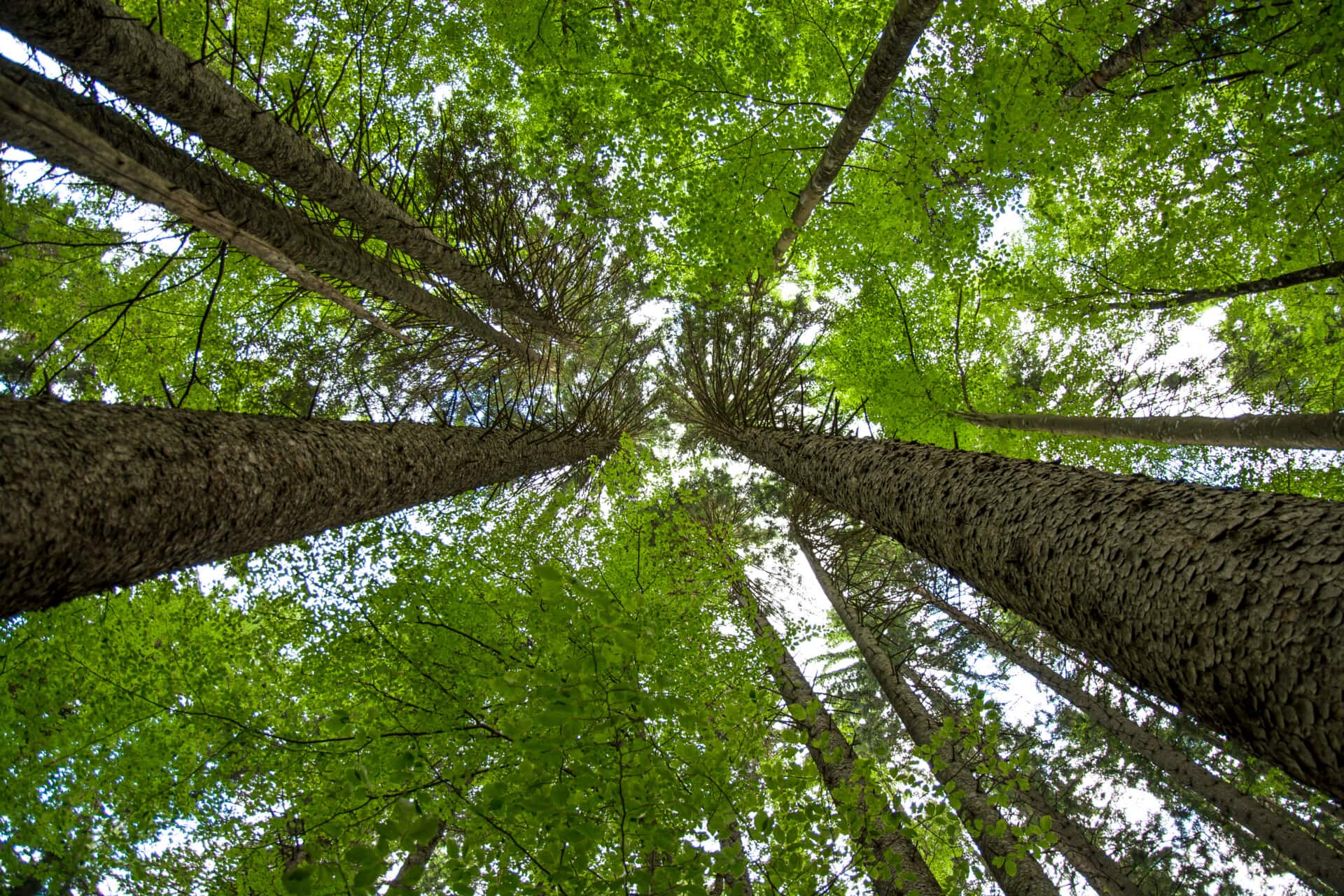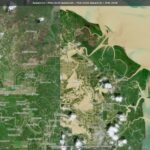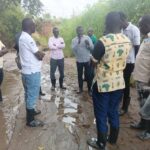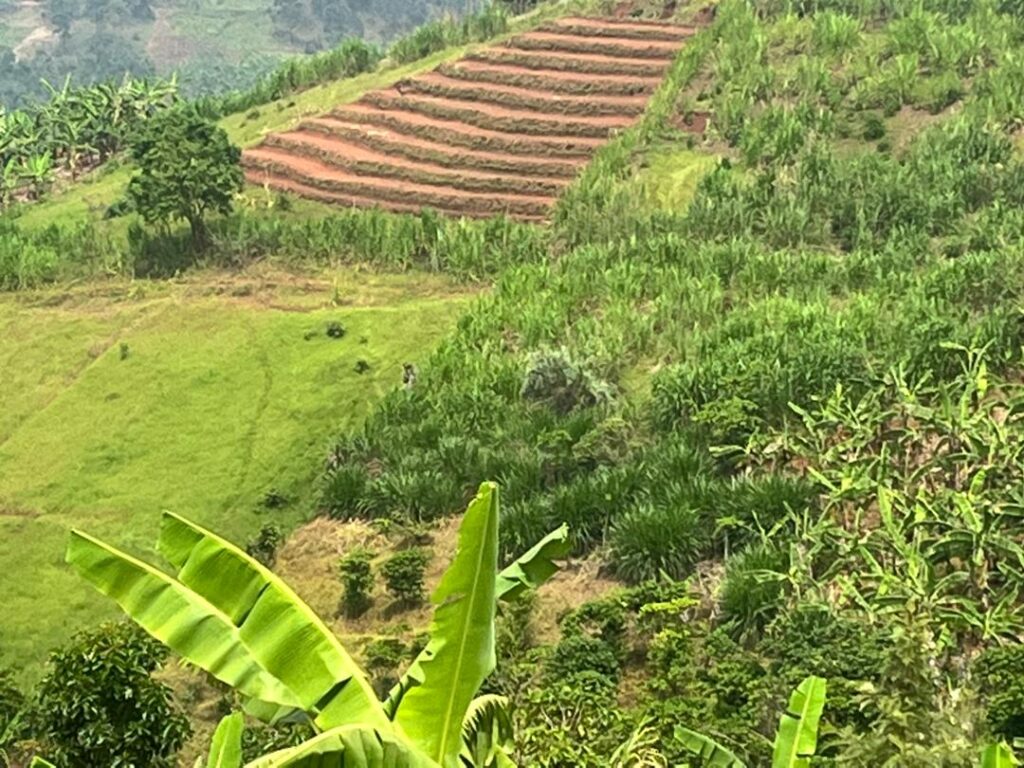AidEnvironment’s best practices on nature-based solutions (NbS)

Nature-Based Solutions (NbS) use the power of nature to solve and mitigate a variety of problems linked to climate change, biodiversity loss, weakened agricultural land, drought, flooding and pests, among others. NbS therefore benefit people and nature at the same time.
Best practice nature-based solutions
At AidEnvironment, we are working on many best practice NbS, including:
- Avoided Forest Conversion. AidEnvironment works on reducing carbon emissions by preventing the degradation or loss of forests and natural ecosystems. This is often considered as one of the most cost-effective and immediate approaches, compared to others, for example natural regeneration, reforestation, and afforestation, because it offers direct benefits without the delay required for new forests to mature. Check here to learn more on our deforestation solutions.
- Regenerative Agriculture/Agroforestry. Regenerative agriculture incorporates agroecological practices—such as mulching, cover cropping, and minimal tillage—to enhance soil moisture retention, improve soil health, and reduce water needs in farming. By integrating trees within agricultural landscapes, agroforestry creates additional benefits, including carbon storage, biodiversity support, and resilience against climate impacts. See here for more on one of our regenerative agriculture projects.
- Watershed Restoration and Protection. Protecting and restoring watersheds is essential for sustainable water management. By safeguarding upstream ecosystems like forests and wetlands, these efforts improve water quality, reduce sedimentation, and harness (downstream) resilience to drought and flooding. Learn more about our water management projects here.
- Sponge city. In urban settings, green infrastructure—like permeable pavements, green roofs, and rain gardens—helps reduce stormwater runoff, improve groundwater recharge, enhance biodiversity and provide valuable urban green space. See an example here of the Uganda Sponge City project.
AidEnvironment adheres to three principles for nature-based solutions
Supporting, Not Replacing, Urgent Action
We believe that nature-based solutions are essential tools for addressing climate change and fostering environmental resilience, yet they are not a substitute for the immediate need to phase out fossil fuels and reduce reliance on non-renewable resources. While NbS provide significant support by enhancing ecosystem health and capturing carbon, their impact remains limited compared to the transformative effects of reducing fossil fuel use and conserving irreplaceable natural resources. For us, NbS must complement—not delay—urgent actions to decarbonize, protect renewable resources, and ensure a sustainable future.
With, by, and for people
We believe that effective nature-based solutions must be developed with, by, and for the people who rely on them. Our approach prioritizes the rights, knowledge, and active involvement of local communities, ensuring that solutions are culturally appropriate and beneficial. If the people who will use and maintain an NbS are not equipped to sustain it technically or financially, then it’s the technology that must be adapted—not the people.
Enhancement of Biodiversity
Biodiversity is integral to effective and sustainable nature-based solutions. Healthy, diverse ecosystems offer numerous benefits, from improved carbon storage to enhanced water supply. By supporting a range of ecosystem services, NbS contribute to ecosystem resilience and biodiversity health over the long term.



